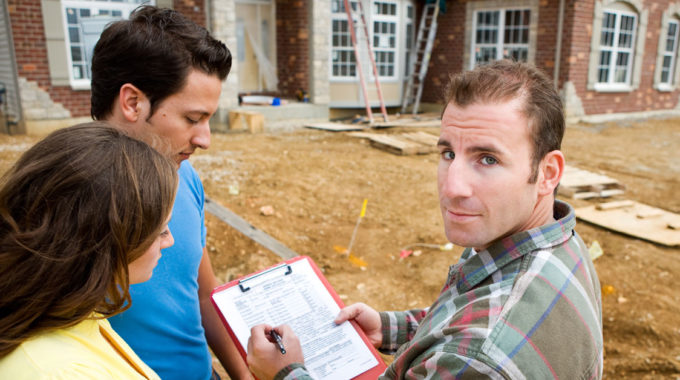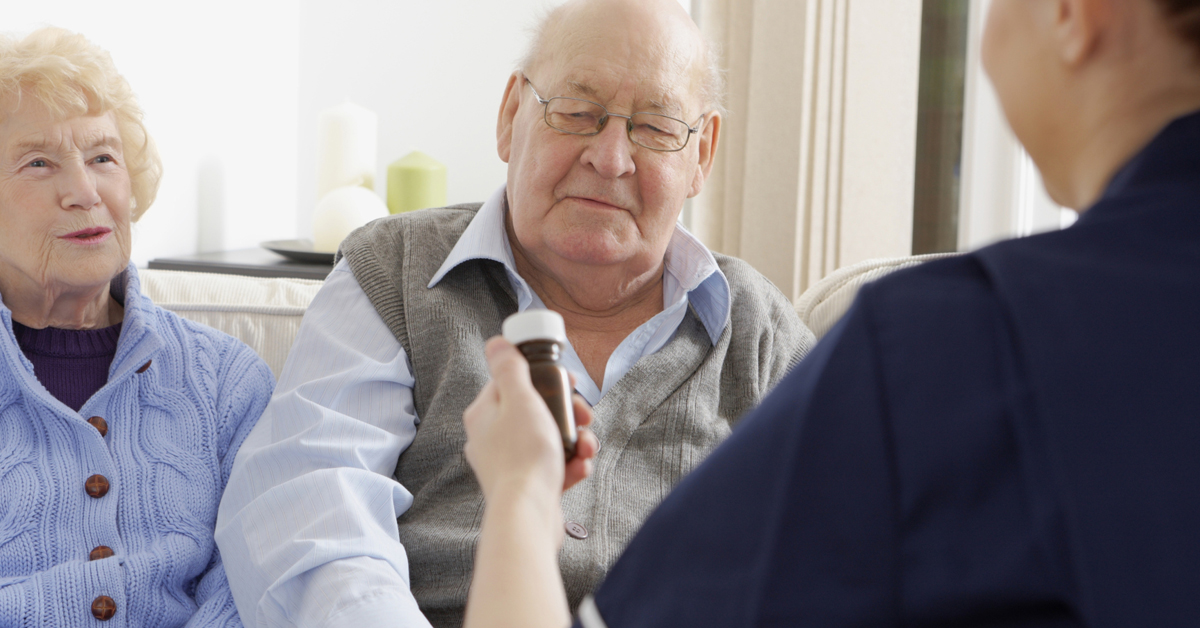
The Number One Cause of Lung Cancer Among Non-Smokers
Cigarette smoking still ranks as the number one cause of lung cancer. It’s a toxic blend of more than 7,000 chemicals. But as smoking in America declined 26% over the past decade, a certain group of lung cancer cases remained steady. Many Americans mistakenly believe that after avoiding tobacco, there’s nothing else to worry about when it comes to preventing lung cancer. In fact, the number one cause of lung cancer among non-smokers affects people in their own homes. It causes 20,000 cases of lung cancer yearly. Radon is the number one cause of lung cancer among non-smokers.
What is Radon?
Radon is a gas that naturally comes from rocks and dirt. Outside, it just dissipates. In homes, it gets trapped and concentrates. It cannot be seen, smelled, or tasted. Radon gas forms when uranium, radium, and thorium break down in rocks underground. The gas is radioactive. In some homes, radon may also enter with water. This occurs when people have well water or public water that uses a ground supply. In America, this invisible killer causes more deaths than drunk driving and house fires combined.
How Widespread is Radon?
People are exposed to concentrations of radon when cracks and gaps in home construction let the gas in. The CDC reports that nearly one out of every fifteen homes is thought to have high radon levels. Radon occurs throughout the U.S. High in-home levels have been found in each of the 50 states. If your neighbor has found his or her home to be radon-free, that means very little about the risk in your home. Levels can vary widely from one home to the next.
How to Protect Your Family from Radon
People can test their homes for radon. The EPA recommends discounted test kits from Kansas State University as one possible source. Radon test kits cost $15 to $25 and are available from multiple online vendors and some hardware stores.
There is no safe level of radon. The Surgeon General recommends fixing homes that have levels above 4pCi/L. Lower radon levels may also pose a risk, so families may still want to use reduction measures.
Some states regulate or qualify radon mitigation services. In these states, services require some sort of certification or licensing. They include: CA, DE, FL, IL, IN, IA, KS, KY, ME, NE, NJ, OH, PA, RI, VA and WV.
Radon Mitigation Strategies Include:
- A vent-pipe system that uses a fan to pull radon from beneath the house and vent it to the outside
- Sealing foundation cracks and other openings
- Installing radon cleaning devices on faucets
If your home has not been tested for radon recently, what are you waiting for? You could order an inexpensive testing kit right now.






